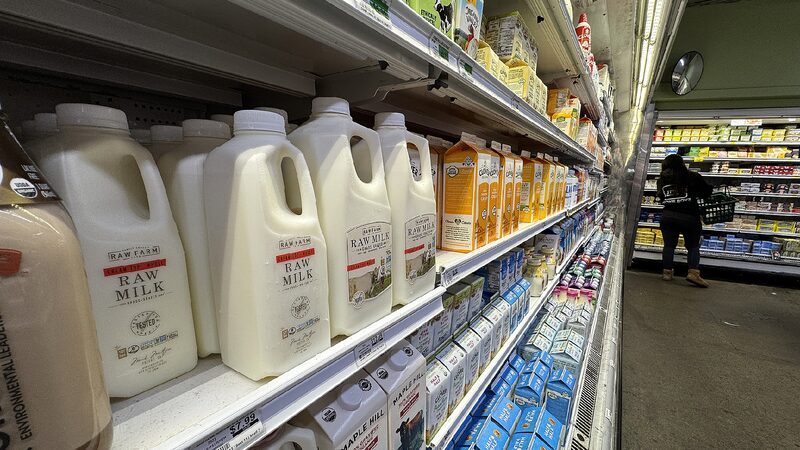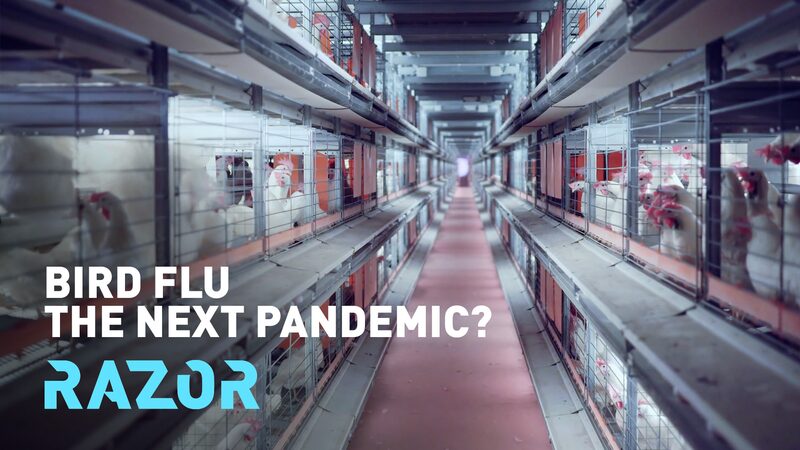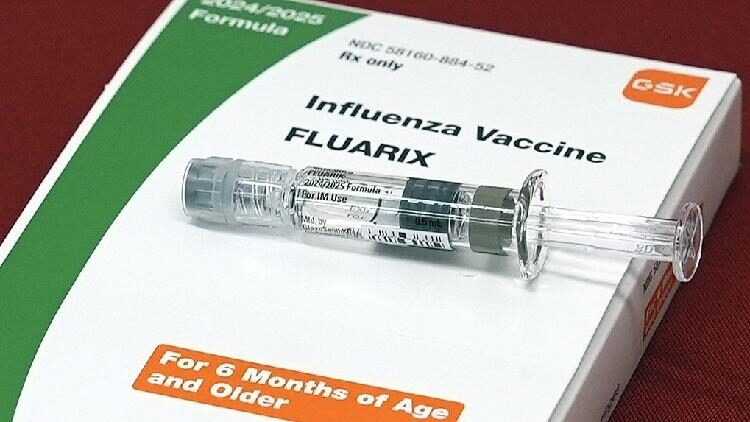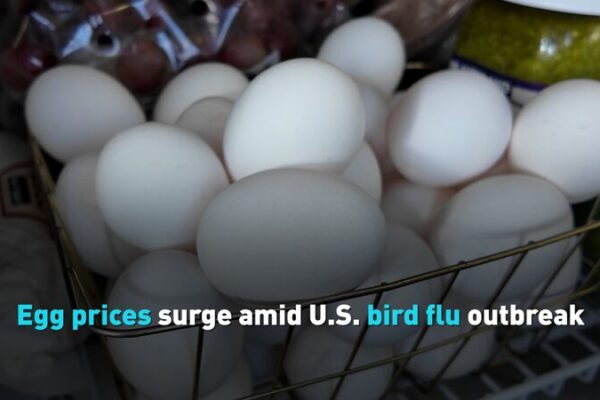The World Health Organization (WHO) is calling on countries around the globe to ramp up their surveillance of bird flu after a child in the United States tested positive for the virus. This marks the first human case in the U.S., prompting concerns about the spread of the H5N1 strain.
Why is this important? The H5N1 bird flu virus has been spreading rapidly among birds since 2020, leading to the deaths of millions of poultry and affecting wild birds and mammals. While human infections have been rare and mostly mild, the WHO warns that increased vigilance is crucial to prevent a potential pandemic.
Maria Van Kerkhove, the WHO’s director of epidemic and pandemic preparedness, emphasized the need for stronger surveillance in animals, including wild birds, poultry, and other susceptible animals like pigs and cattle. “We need to better understand how this virus is circulating in animals to reduce the risk of it spreading to humans,” she said.
The situation in the U.S. The infected child in California had mild symptoms and is recovering at home after receiving antiviral treatment. Health officials have offered checks and preventive care to those who were in close contact with the child. So far, there is no evidence of human-to-human transmission.
According to the U.S. Centers for Disease Control and Prevention (CDC), there have been 55 human cases of H5 bird flu in the U.S. this year, with 29 reported in California. Most cases have been linked to direct exposure to infected animals.
Staying prepared
Van Kerkhove stressed the importance of being prepared for any potential flu pandemic. “We’re not in that situation yet,” she assured, “but we do need more vigilance.” The WHO is urging countries to strengthen monitoring efforts and ensure that people who work closely with animals have proper protective equipment.
What can you do? While the risk to the general public remains low, staying informed and practicing good hygiene can help. Avoid direct contact with wild birds and report any dead or sick birds to local authorities. If you work with poultry or other susceptible animals, follow safety guidelines to protect yourself and others.
By staying alert and working together, we can help prevent the spread of bird flu and protect our communities.
Reference(s):
cgtn.com








